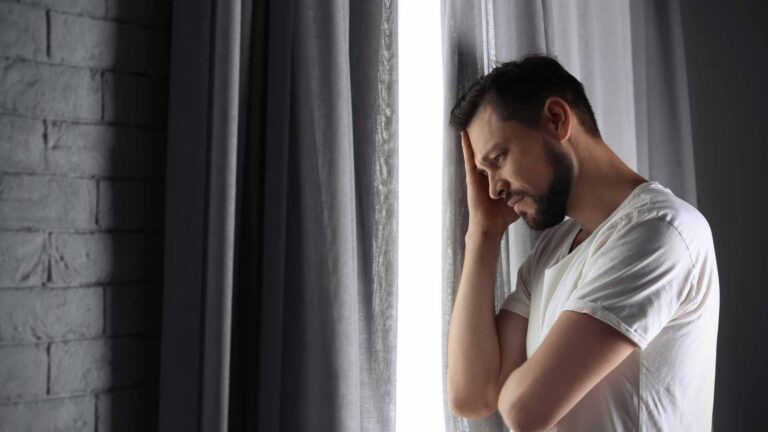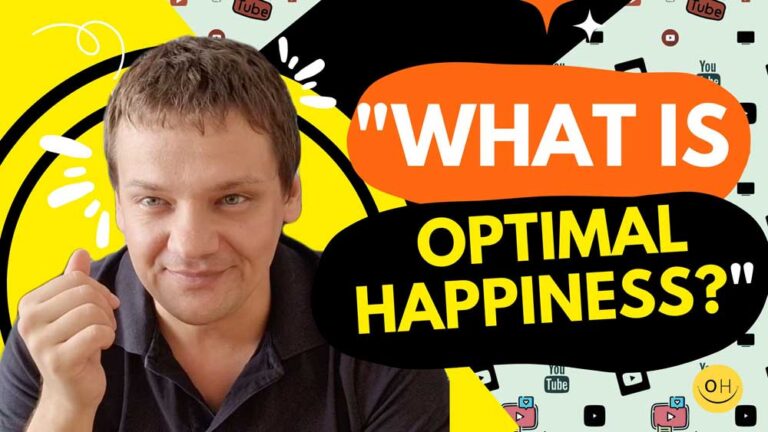
Statistically speaking Norway, Denmark, and Iceland are said to have the happiest counties on Earth today[1]. I don’t really like this statistic, as it correlates people level of GDP, healthy life expectancy, and other socio-economical variables to their level of happiness. For me, this is not enough to claim someone to be happier than someone else. What I would like to see is whether people is these countries are smiling more than anywhere else.
Indeed, in many Eastern European countries, like Russia, people seem to be unhappy. This is culturally learned pessimism. They seem to walk around emotionless or with a scowl. Indeed, based on what I hear, in Russia to smile is a sign of weakness and being serious is a sign of strength.
To me, it is another way around. It is harder to be happy than to be unhappy. A truly happy person works hard to stay happy. It takes emotional intelligence and enough internal resources to maintain positive energy. This is why a genuine smile is such a powerful signal. The more often we have it, the happier we are. Otherwise, we aren’t happy, as simple as that.
In this respect, I have not met enough Norwegian, Danish, and Icelanders, to know whether they smile more than the rest of the world. In fact, checking world’s suicide statistics, these countries are one 102, 105, and 65 positions, with number 1 and 2 being Sri Lanka and Guyana, with Russia being in the 17th position, while less likely people to suicide are Antigua and Barbuda, Barbados, Grenada, and Jamaica[2]. Still, smiling seems to be a good indicator of happiness, as it is a universal expression.
Even if we fake a smile, it is better than not smile at all. This is because not only our body follows our mind, but also because our mind follows our body. By fake smiling, we are priming our mind to be happy, even if we are not happy. Just try it. When you feel less than happy, just fake smile, and eventually you will feel happier.
This is perhaps why a good comedy heals everything. This is consistent with the story of Norman Cousins who defined cancer, pain, and doctor’s one-month life prediction by laughing. He did so by locking himself in a room, watching as many comedies as possible, and laughing as hard as he could. After a month he returned to the doctor who was amazed to see that all cancer was gone. Norman continued to enjoy his life for another 26 years and wrote a book titled “Anatomy of an Illness” where he tells his story. This is, indeed, one of these must-read books about happiness.
Still, we don’t need to be on a deathbed to enjoy the benefits of a good laugh. We can laugh now, for no reason, and we will be healthier because of it. And while most people think we need to have a reason to laugh and that the time to take to take care of our health is when they are sick, we will disagree with this statements. We can always use a good laugh, not only as prevention but also as promotion, as it both cases it will add additional years to our life. In fact, developing a good sense of humor is essential to becoming as happy as we can be, as it will make us healthier, happier, and overall more interesting individuals.
Another great way to stay happy is by simply moving our body. Motion creates emotion, and if our body isn’t moving, our brain will reduce its activity, with an ultimate and total lack of movement being death. Thus, is it hard to feel happiness in low movement activities, such as sitting, working on computers, or watching TV.
As such, people who do sport are naturally happier than those who don’t. They are so because their health makes them happier and because they happiness makes them healthier, which is an ultimate win-win situation. This is exactly what we see with people who go to a gym. They may be unhappy when they go inside to do a workout, but they come out happy after that. Some may show signs of pain, especially if they over-train, but it will be a positive pain that contributes to their health and their happiness.
Moreover, happier people tend to have an open body language. They will stand tall, have open arms, legs, and take more space. Oppositely, less happy people will tend to have a closed body language. They will cross their arms, legs, and have a tensed body overall. They will take less space and will try to call less attention to themselves. And while some people will argue that it is comfortable to have their hands closed, or that it is cold and therefore they have closed posture, as to keep warmth from coming out. But the mind follows our bodies, and a closed posture will lead our mind to become less happy, regardless of whether we are comfortable or cold. As such, we are recommended always to keep an open posture and to re-open it as soon as we catch ourselves closing up.
Source:
[1] Helliwell, John, Layard, Richard, & Sachs, Jeffrey (2017). “World Happiness Report.” Available at
[2] World Health Organization (2015). “Suicide Rates Data By Country”. Retrieved 13 April 2017.















